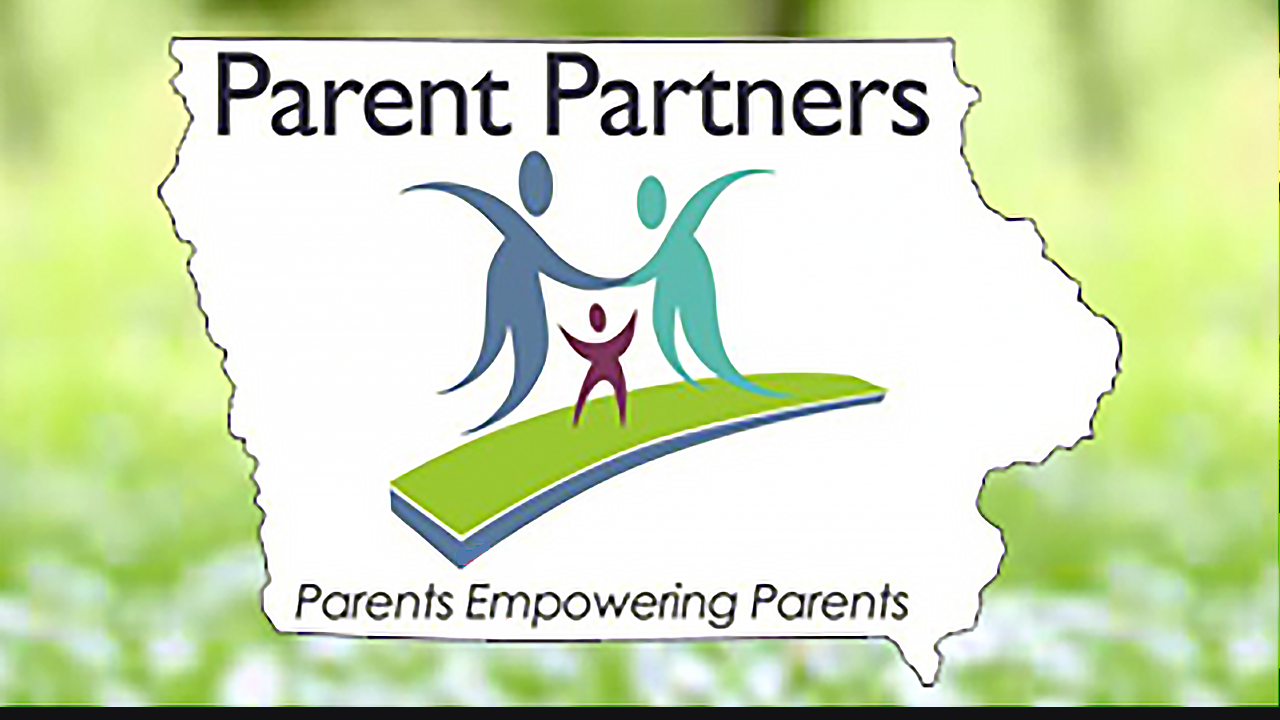
The Iowa Parent Partner Evaluation
is a collaborative effort between the Iowa Department of Human Services (IDHS) and the University of Nebraska–Lincoln, Center on Children, Families, and the Law (CCFL). The partnership began in 2009 with the selection of Iowa DHS by the Midwest Child Welfare Implementation Center (MCWIC), a cooperative agreement between the US/HHS/ACF/Children’s Bureau and the university, one of 5 regional child welfare implementation centers that operated from 2008-2013. IDHS and CCFL continued their partnership after federal funding ended until the present day.
Through the MCWIC project, CCFL assisted IDHS in the further design, development, funding, implementation, and evaluation of their pioneering work in the child welfare system.Iowa Parent Partners connects parents with lived experience in the child welfare system (Parent Partners) with parents that have recently had their children removed. As the name implies the Parent Partners work with the parents and partner with them as their guides and mentors to help them address the circumstances which led to the removal and facilitate reunification as quickly, safely, and as permanently as possible.
In an effort to facilitate family engagement with services, improve reunification outcomes, and empower the families they serve, child welfare agencies across the country have developed and implemented programs designed to provide peer mentoring. These programs work to identify parents who have successfully navigated the child welfare system in the past and train them to mentor parents who are currently in the system. The current study used a quasi-experimental design and propensity score matching to examine the outcomes for children of families served by the Iowa Department of Human Services Parent Partner program, one of the earliest and most established programs in the country. Results indicated that the children of program participants were significantly more likely to return home at discharge from their foster care placement than the children of matched non-participants. Additionally, Iowa Parent Partner program participants were significantly less likely to have a subsequent child removal within 12 months of the child returning home than matched non-participants. No significant differences were found between the children of program participants and children of matched nonparticipants in the total time in out of home care or subsequent child removal within 24 months of returning home. These results suggest that participating in the Iowa Parent Partner program can meaningfully improve the outcomes of children and families. Limitations and implications of the current study, as well as recommendations for future research, are discussed.
Read the abstract from the paper on the Iowa Parent Partner Evaluation